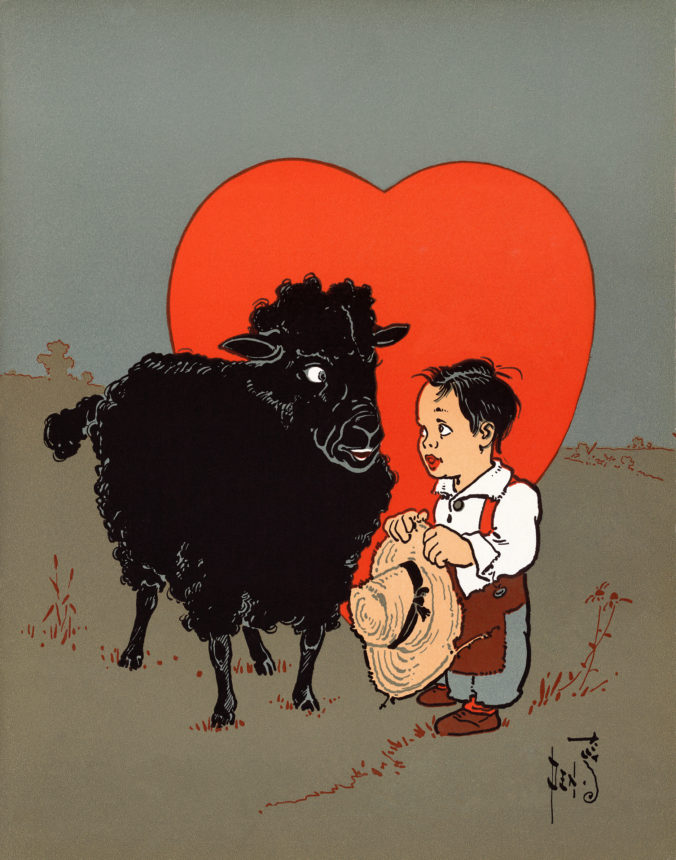While the Bigs & JJ ventured to Star Wars, I took the littles to see Ferdinand last night. (Spoiler alert: the cow lives. If not, I would be writing a much angrier blog, as my sensitive 4-year-old had enough trouble understanding why can’t he just go home? A dead bull would’ve caused extreme woe.)
The movie, about a Spanish bull who doesn’t want to fight, comes down to putting him into the ring when he knows the bull always looses. It’s a rigged system, but the bulls were bred to believe they could win, thus keeping the system alive. “You fight or you die,” they tell each other. Ferdinand literally bursts onto the scene with another message: there is another way.
If this isn’t a gospel – good news – message, I’m not sure what is.
Throughout the movie, the cows urge one another to “be brave” and “buck up” to match our egotistic versions of what it means to have courage. At the end, Ferdinand (like another story I know, in books Matthew, Mark, Luke and John), sits, bows his head and – without words -says, “If I have to die to show you and everyone else that this system is broken, than I will.”
Good news for young children everywhere – and unlike our early Current Era manuscripts – the crowd grants reprieve. The bull and the matador can both live. (Which sounds a lot like the lion laying down with a lamb, doesn’t it?)
I picked up a copy of an older-but-contemporary-in-the-scheme-of-things theologian’s book, The Courage to Be and in the first chapter, Tillich explains that the words associated with courage always carry the connotation of a willingness to die. But when we politicize this idea, pairing it with country and rights and even religion, we miss the point.
Our sacrificial characters weren’t brave because they were willing to die for their own team, they were brave because they were willing to live in another way, one that would include the enemy, the other, the one who was “against.” Ferdinand put his life in the hands of the fighter (and the crowd) because it was it was a step toward peace. Someone has to take that first step, and bravery is often deeply connected with the humility to be the first to bow before the other. Perhaps it’s closely associated with the advice to “love another as yourself.”
This Third Way living isn’t a new concept Blue Sky/Fox felt the need to suddenly share. Shane Claiborne is one of the loudest contemporary voices; he has been talking about it for years on behalf of the other saints who have gone before us. And once you begin to turn the scriptures slightly, shifting what you’re looking for, the scriptures reek of peace. Like the message we heard in Christmas Eve services just a few nights ago, behold, I bring good news of great joy which will be for all people. Behold, a Savior has been born… This baby will show us a way to live that no one has to die to prove how brave we are; instead, we’ll have the humility and the fortitude to begin to love one another instead of looking at people (specifically those not of my family/clan/tribe/nation) as the enemy.
But, I mean, it was just a movie, right?


